BE, the largest donor in Albania with over 1.9 billion euros in aid since 2007

The annual Monitoring Committee for the implementation of EU funds under the Instrument for Pre-Accession Assistance (IPA) met in Tirana, bringing together high representatives of the Albanian government, the European Union, civil society, EU member states, and the diplomatic community. The meeting reviewed progress in programming IPA funds, as well as the implementation of approximately 150 ongoing projects funded by IPA, which support institutional reforms related to Albania’s EU membership process and bring real benefits to citizens.
The committee, co-chaired by Eridana Çano, National Coordinator of IPA and General Director of the State Agency for Strategic Programming and Coordination of Aid (SASPAC) in Albania, and Sigrid Brettel, director of the Unit in the Directorate-General for Enlargement and Eastern Neighbourhood of the European Commission (DG ENEST), reviewed the positive results achieved so far and discussed the need to address ongoing implementation challenges.
Valentina Superti, the director responsible for the Western Balkans at DG ENEST, opened the event by addressing the audience via internet connection. She thanked the Albanian authorities for their partnership and congratulated them on the progress made:
“The EU remains the largest donor in Albania with over 1.9 billion euros in financial assistance provided so far through pre-accession grants since 2007. In addition, EU-supported grants and loans have stimulated overall investments estimated at 4.7 billion euros since 2008. In 2024, 197 million euros in IPA funds were committed to assist Albania in the areas of anti-corruption, local governance, food security, environment, energy, economy, and digital society, as well as employment and social inclusion. I encourage the authorities to continue managing EU funds diligently for maximum impact, strengthening structures and resources to manage EU funds independently, as well as to build capacities and complete all necessary recruitment to prepare for membership,” said Superti.
The National Coordinator of IPA in Albania, Eridana Çano, emphasized the political significance of this moment, noting that Albania is now closer to the EU than ever before:
In June of this year, Albania ratified three EU Operational Programs, under which the EU entrusts Albanian institutions with the independent management of funds, through the so-called indirect management modality.
These programs represent a joint investment of 186 million euros, of which 30% is co-financed by the Albanian government to support youth employment, the digitalization of public services, and the green energy transition – as well as to prepare Albanian institutions for managing EU funds after membership.
While Albania participates in 13 EU programs – including Erasmus+, Horizon Europe, and Creative Europe – there remain significant gaps in capacities.
As a key priority identified by the Committee is the improvement of communication by Albanian authorities regarding the impact of EU assistance – both through IPA and through the EU Growth Plan.
The next Monitoring Committee under the Instrument for Reform and Growth, which will be held in Tirana in September, will be an important opportunity to communicate progress and to involve a wide range of stakeholders. (June 26)






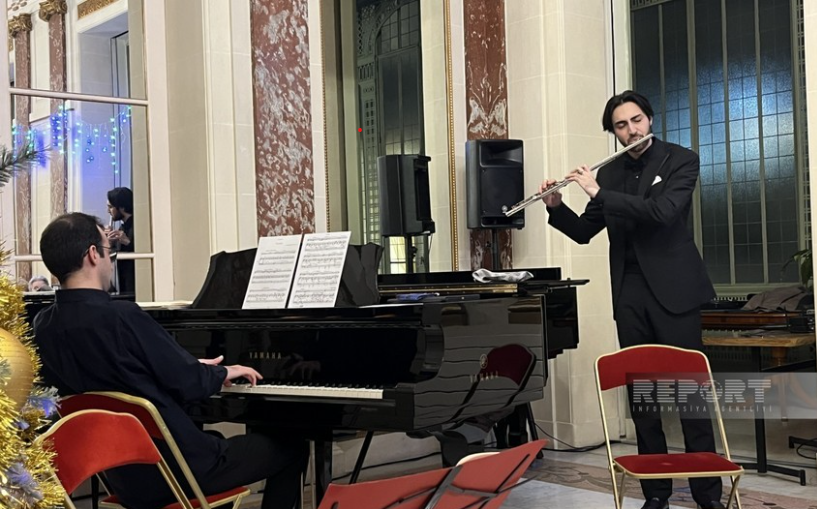
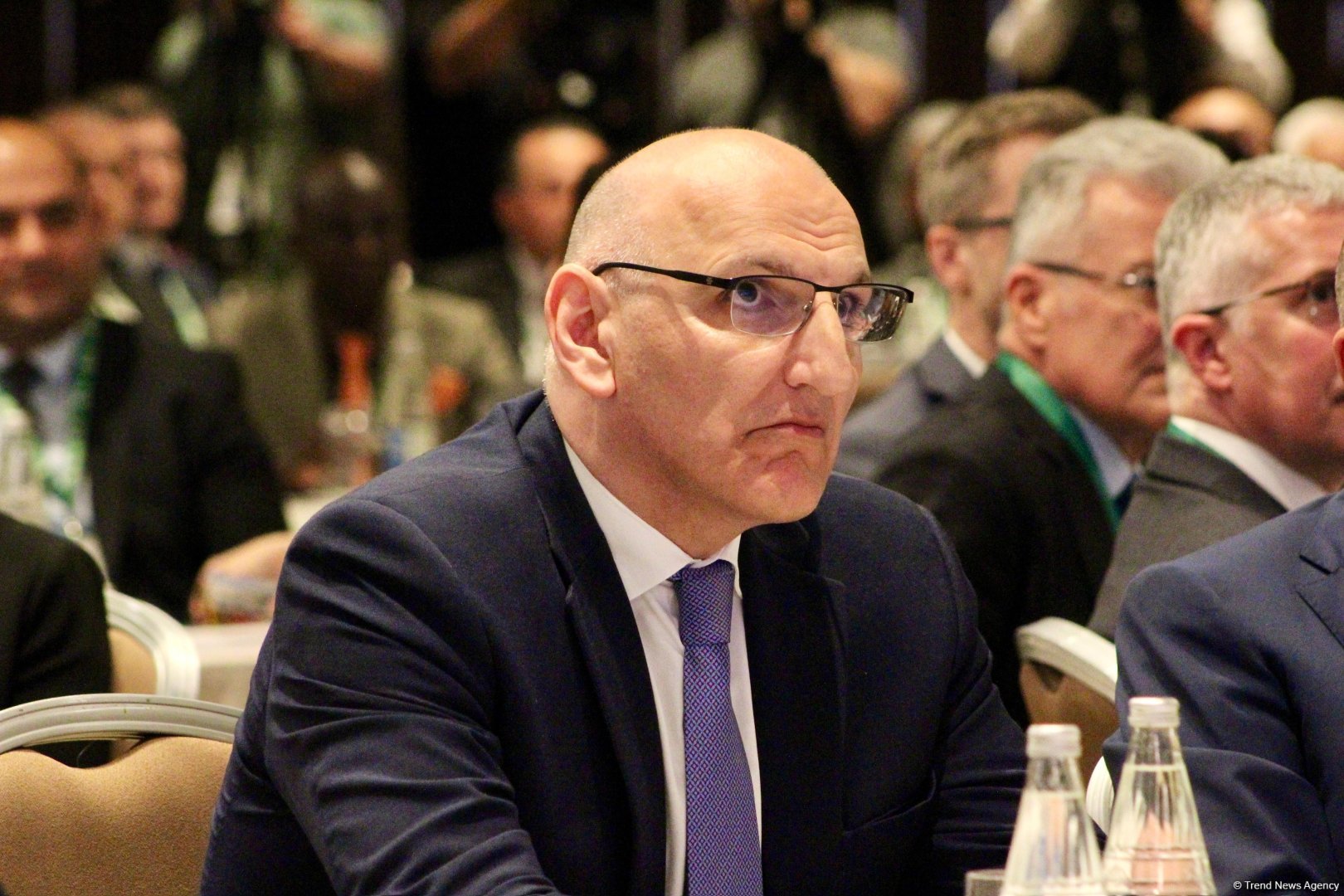
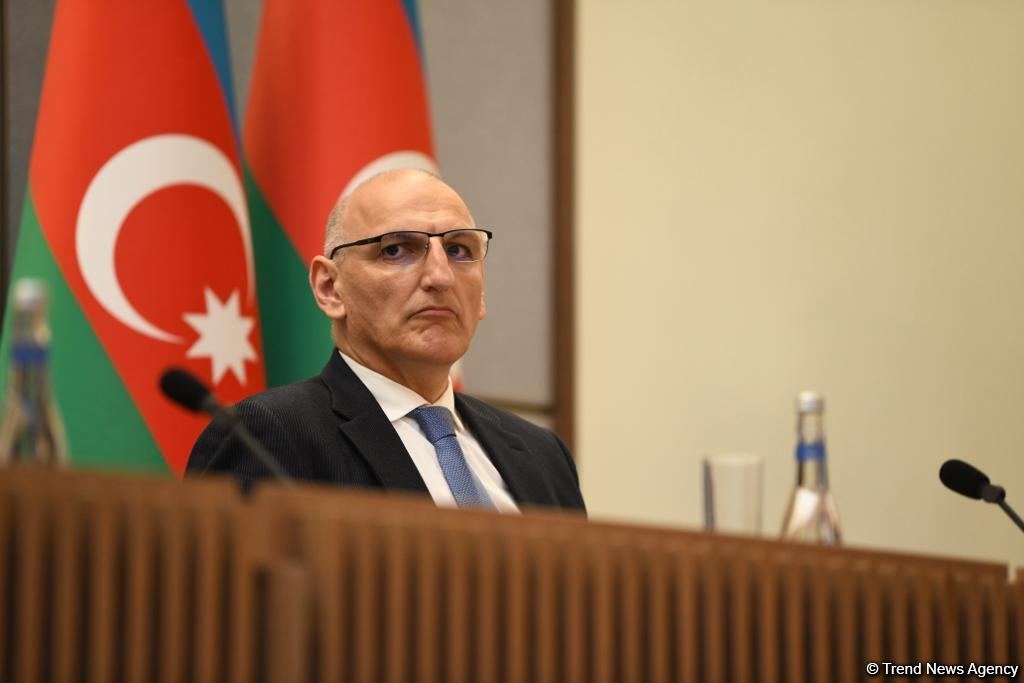
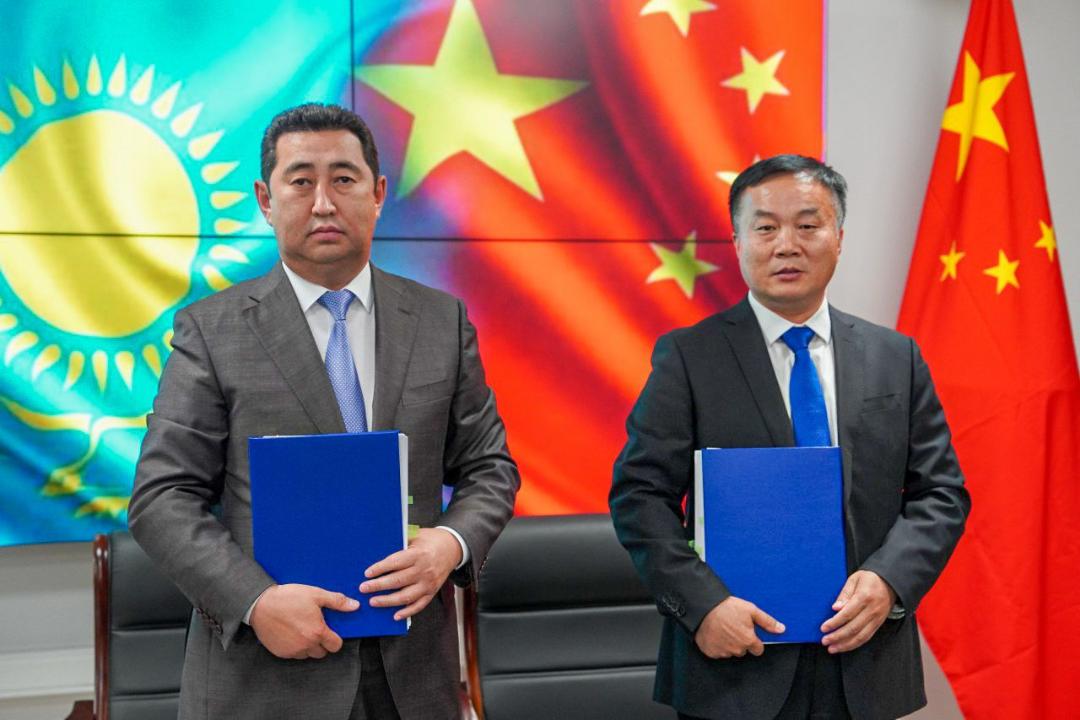
































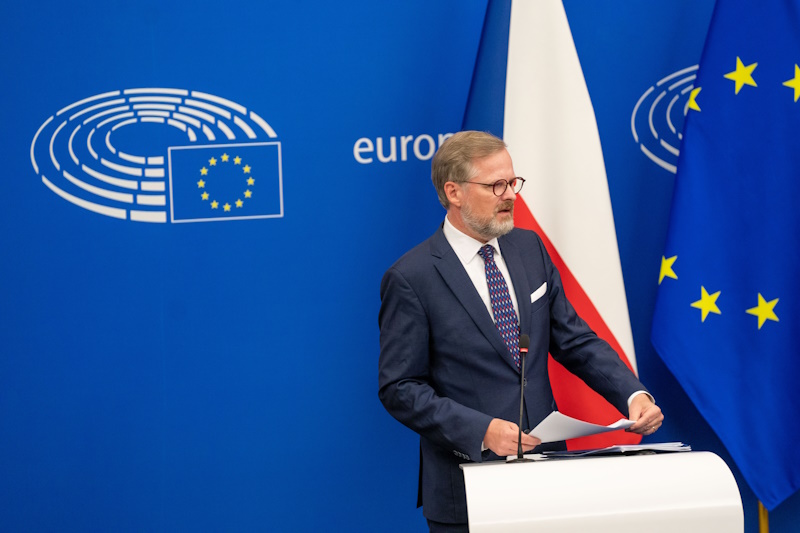
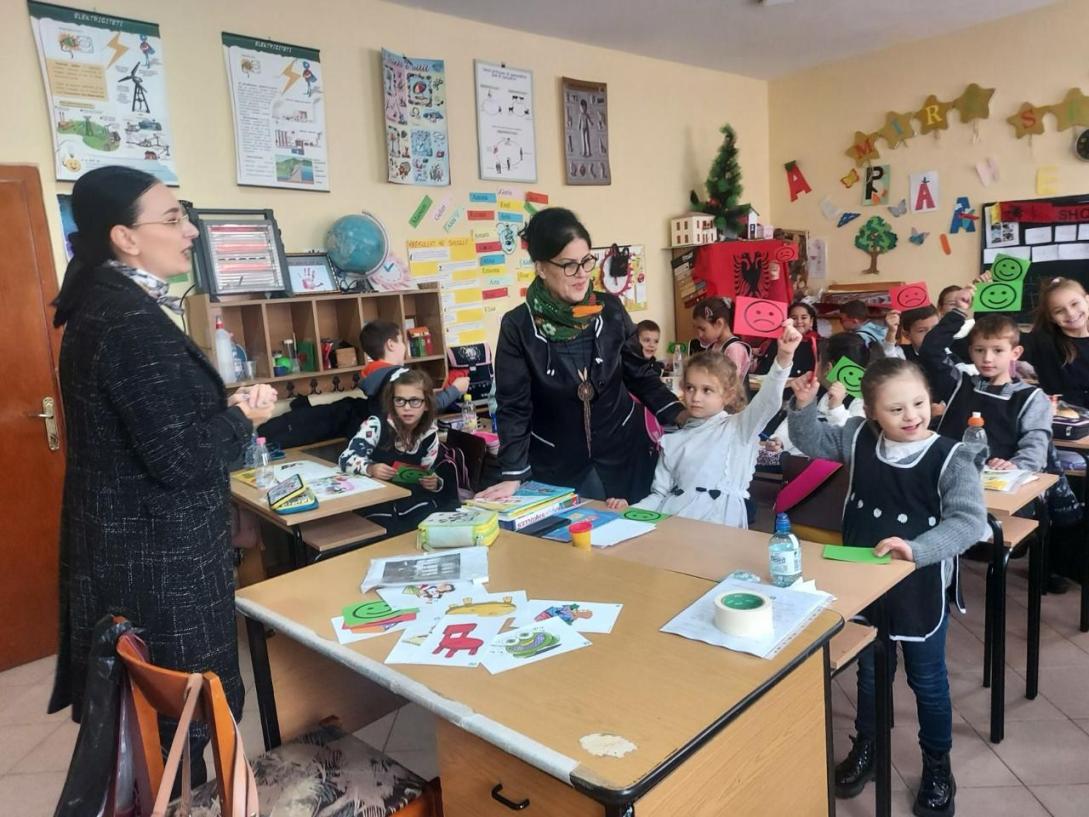


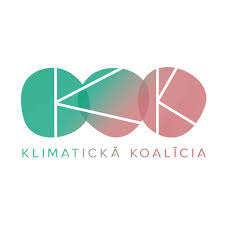



.png?Expires=1838763821&Key-Pair-Id=K2ZIVPTIP2VGHC&Signature=IO0~CT3pU-TcxGc~yoZSmoQx23MZVuK-~4jSii~NKEblRmyO3el7NXPu~Rh1o23voASg7hlcHLw4kvQuDK1jssEhcjoNBBvEpZ~GGOAU6yosBhpHpeF179F~h7i6VxmsBNh9gtTutkoqY73O2YCFey~IAqSzKbBqETP1kP9cAg1916Z1YkJJs-5MliMrkZ5d7-mWGLbpHp2wGj2VlMph8XzYlL4~y1O7fB~JdIS~Rs4RMRs2x0WT1qUIpHAsf3GdwtOyAmKFSpIg8xCyNGZZ5h~13nXlmpd7uPvW8tBfttpG9pFTqcway-uch5WyfHOEfi7UlJCOWrr6fCYY5PMgSg__)







